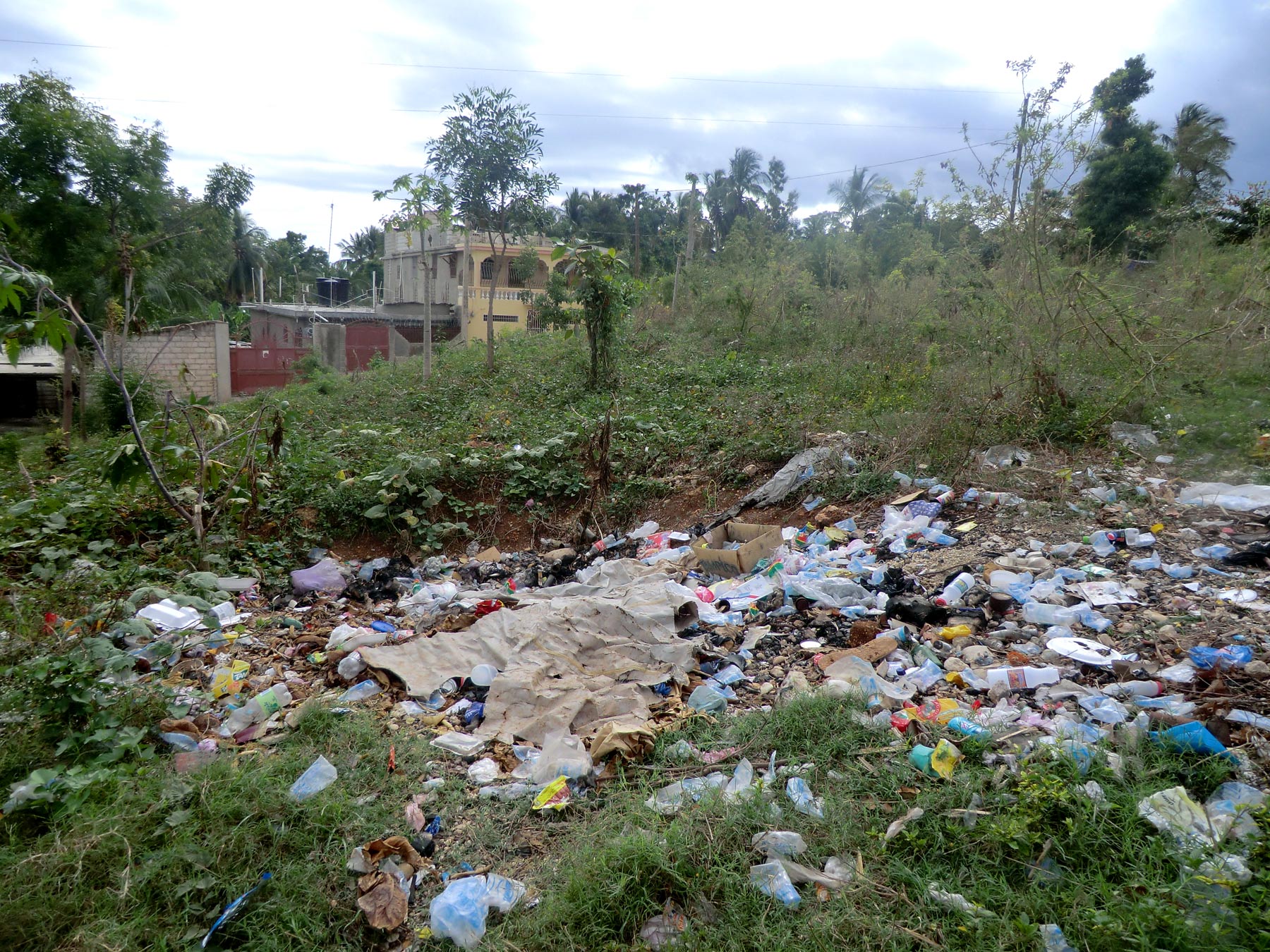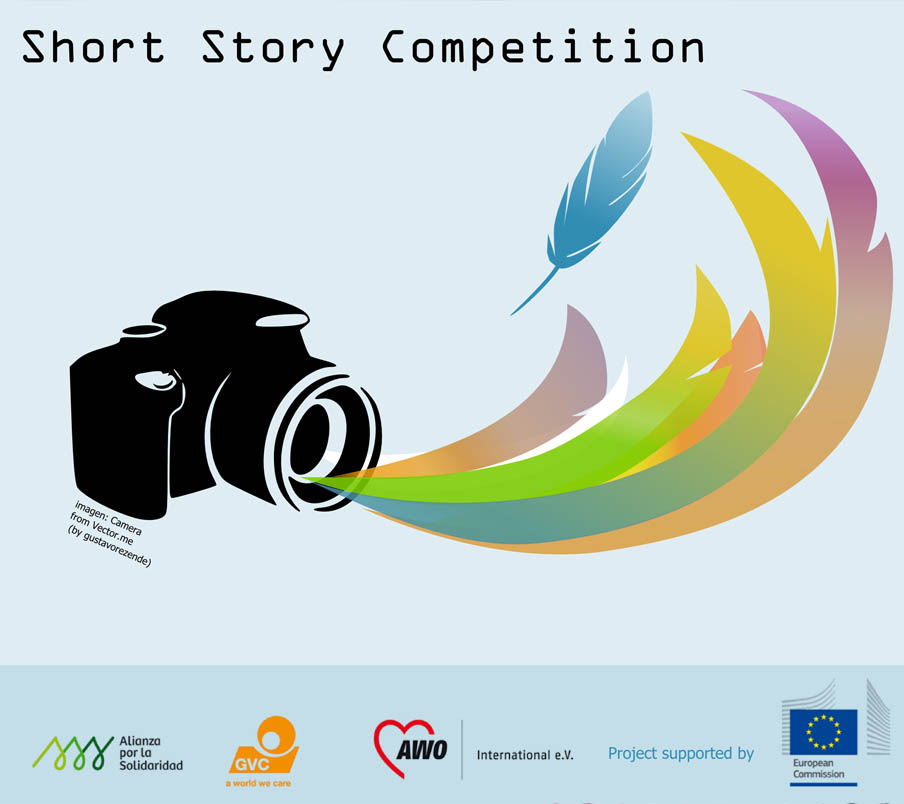Being a gender person in Haiti
I am what I call a gender person. I studied humanitarian action and human development in general, but I always put an extreme and high interest on gender equality. So, when I arrived in in Jacmel, capital of the South Eastern region, to be a volunteer in Gender Mainstreaming for 5 months with Alianza por la Solidaridad (APS), I put on my gender lenses.
Some important concepts:
Gender is different from biological sex: it is something socially constructed, therefore depending of the society and susceptible to change. It defines roles and tasks assigned respectively to women, girls, boys and men, and relations of power between them. I will develop these concepts another time but in a nutshell, gender mainstreaming is to make sure that every decision, program, project includes a gender perspective, and gender equality is to give equal treatments, rights and access to opportunities to both men and women.
My gender lenses make me see the society with a gender perspective. It allows me to observe the relations of power, the division of labor and other daily tasks between men and women. But, it does not give me verified data, so one must be careful not jump to hasty conclusions… Anyway, observation is often the first step towards the understanding of a society’s ways.
I saw women selling few carrots, mangos, avocados or bananas – most likely surplus of their small subsistence farming -, sometimes carrying it in heavy baskets placed on their head. I have read that women in Haiti have a key role in agriculture, from production to selling it on local markets, but their work is undervalued, they suffer from discriminations, and they receive a lower salary than men, for the same amount of work. The small streets of the central market of Jacmel are literally occupied by little stands where usually sits a woman, but the heavy loaded wheel-barrows are conducted by men.
I have a strong feeling, confirmed by statistics, that women are mainly doing informal work, whereas men are apparently the ones in control and occupying the formal jobs (not all of them though). As I could see on a field visit, men are the engineers and agronomists, quite esteemed positions in the country I heard. Men are working in constructions, transports, commerce, and other qualified positions in public administrations. When I entered the only bank of Jacmel, I was really happy to see there were approximately as much women as men working there, but I have to admit I don’t know who holds the higher positions there.
At the country level, few women are evolving in the arcade of power. Even if women have been pretty active in the transition after the Duvalier’s regime, their access to decision-making positions has always been difficult in Haiti. One woman, Ertha Pascal-Trouillot, was president once, for a year (1990-1991) and on an interim basis. Currently, only 4% of the Parliament members are women and none are present in the Senate. The latest government only counts 23% of women within its rank, less than the quota of 30% required by the Haitian electoral law. At the regional and municipal level, it is more or less the same, even if I know that there are some female mayors in Haiti. Better than nothing, I thought.
The more I watch around, the more I think my task will be difficult here, my positive feeling giving room to some frustration when I see how women can be objectified in music videos and in real life too. The division between women and men seems deeply rooted in the society, and it is probably going to take some time if I ever manage to understand what is going on here!
In any case, holding a workshop on gender for the engineers and agronomists working with the local partners of APS (who are mostly men) might be a real challenge…
written by Irina Blanche












Dejar un comentario
¿Quieres unirte a la conversación?Siéntete libre de contribuir!